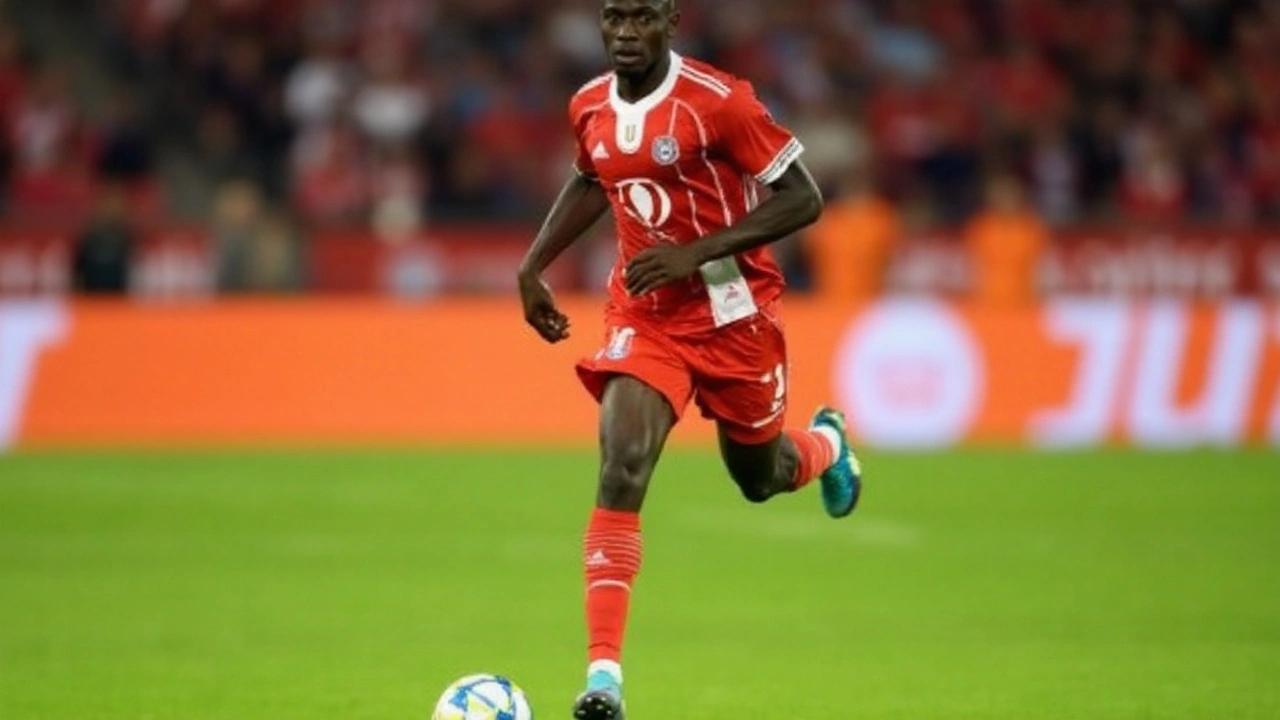Contract Negotiations – Real Stories and Practical Tips
When a contract is on the table, emotions run high and the stakes feel huge. Whether you’re a football star, a CEO, or just trying to land a better salary, knowing how to handle the talks can make the difference between a win and a loss.
Real‑World Examples that Show What Happens
Take Memphis Depay’s recent stand‑off with Corinthians. The Dutch forward sat out a key match because the club didn’t pay promised bonuses. His absence sparked headlines, but the core issue was a classic contract dispute – unclear payment terms and a breakdown in communication.
In the business world, Dangote Petroleum’s appointment of former Shell exec David Bird serves as another lesson. Bird’s contract included performance‑linked bonuses tied to refinery output. When the targets slipped, both sides had to renegotiate to keep the partnership afloat.
Even seemingly routine CEO changes can turn into negotiation battles. When Marshalls named Sanjiv Shah as its new chief, the deal hinged on a non‑compete clause and a hefty retention package. The terms were hammered out publicly, reminding us that high‑profile contracts often involve intricate clauses beyond salary.
How to Negotiate Effectively – Simple Steps
1. Know Your Bottom Line. Before you step into any discussion, write down the absolute minimum you’ll accept. For a player, that might be a certain percentage of match bonuses. For a worker, it could be a specific base pay.
2. Do Your Homework. Research market rates, recent deals, and what similar roles are paying. When Depay’s agents knew the average bonus for top forwards, they could argue for a fairer split.
3. Put It in Writing Early. Verbal promises are easy to forget. Draft a simple agreement outlining salary, bonuses, and any performance metrics. Both sides should sign before any work begins.
4. Keep Communication Open. If something changes – like a sudden drop in club revenue – bring it up quickly. Transparent talks can prevent a situation like the Corinthians‑Depay fallout.
5. Use a Mediator if Needed. When negotiations stall, a neutral third party can help clarify points and keep emotions in check. Many big‑league clubs hire sports lawyers for exactly this reason.
Remember, contracts aren’t just legal documents; they’re a roadmap for what each side expects. Clear, realistic terms keep relationships healthy and avoid costly disputes.
So whether you’re eyeing a new gig, coaching a team, or sealing a multinational deal, treat every clause like a conversation you can revisit. The better you understand the pieces, the smoother the negotiation will be.

